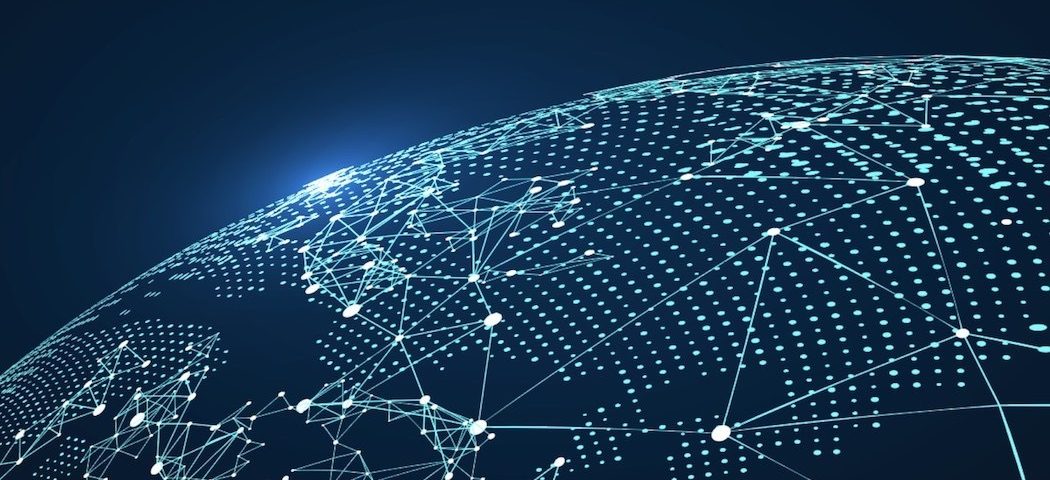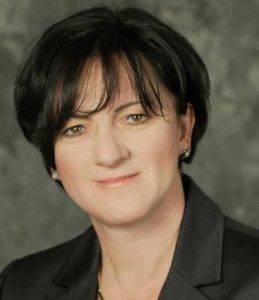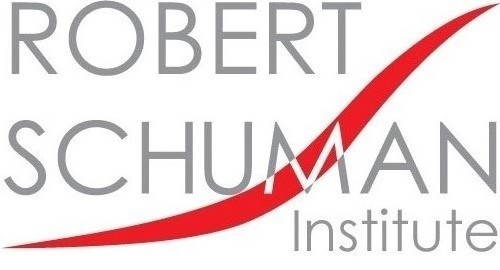EUROPE: A Future Without Russian Energy?

Europe: A Future Without Russian Energy?
****
The ongoing war in Ukraine is forcing the EU to make difficult choices. Leading European powers still lean on Moscow as a major energy supplier—particularly of natural gas. The West should be working jointly to break this dependency and help soften the inevitable blow to the EU economies in case of the energy breakaway from Russia.
****
The Russia-Ukraine war has clearly demonstrated the dangers that [energy] interdependence with autocratic regimes poses to liberal democracies. As Russia, through its own actions, is turning from arguably one of the EU’s main providers of energy security into one of its major challenges, Europe is searching for options, including expanding nuclear and renewable energy infrastructure. Efforts by EU members to expand the continent’s renewable power capacity might accelerate, and some officials see giving up on the Russian fossil fuel supplies as an opportunity to pivot toward energy independence. On one hand, the EU and its members are currently displaying strong cohesion and resolve expressing solidarity with Ukraine while undermining the Russian economy through harsh sanctions. On the other hand, sanctions backfire at those who impose them as well, especially in the context of such high level of interdependence as in the EU-Russia energy relationship. A more strategic, well-calculated and comprehensive pan-European approach is necessary to to create true energy resilience.
This week we will have the honor of e-welcoming Dr Réka Szemerkényi, former Ambassador of Hungary to the United States, to hold a discussion centered around the following questions,
- What are the drivers of the EU and Russia energy policies?
- What the EU can do to handle possible dramatic shocks for its own economy and minimize potential risks to the members’ internal stability?
- How feasible really is achieving full energy independence from Russia?
Join us on Thursday, April 14, 2022 at 17.00 CET in our virtual space on Zoom.
Our guest speaker:

Amb. Réka Szemerkényi, PhD (ret.)
Dr Szemerkényi is a recognized expert on transatlantic strategy, European security, energy security, high level speaker at international conferences at the Penn-Biden Center, the McCain Institute, the Jamestown Foundation, at the Hybrid Defense Academy for Senior Executives, at SAIS, the Johns Hopkins University, Guest Lecturer at the Elliott School of International Affairs, George Washington University, at the Catholic University Pázmány, at the Karoli Protestant University in Hungary and at the University of Milan, Italy.
Prior to joining IRI, she was Executive Vice President of CEPA, the Center for European Policy Analysis (2017-20). She was Ambassador of Hungary to the United States (2015-7), State Secretary, Foreign and Security Policy Advisor to the Prime Minister (2011-5, 1998-2002) and Senior Advisor in the Ministry of Defense (1990-4). Her business experience includes being Senior Advisor to the Chairman and CEO of MOL Group, the Oil and Gas Company (2006-11) and Consultant of the World Bank (1994).
Réka Szemerkényi is Board Member of the Fulbright Association and member of the European Council of Foreign Relations (ECFR). She was awarded the National Order of Merit of the French Republic by President Chirac (2001), the Bene Merito Award from the Minister of Foreign Affairs of Poland (2010), the Award for “Promoting Freedom and Security in Central Europe” by the Slovak Atlantic Commission (2013). She is Honorary University Professor of the National Public University of Hungary (2016) and Honorary Doctor of Humane Letters of Marymount University, VA (2017).
She holds MA Degrees from SAIS, the Johns Hopkins University (1995), from IEHEI, France (1991) and from ELTE (1990), Hungary. She earned her PhD in Economic History, “Energy Security – West European and Warsaw Pact Energy Strategies between 1945-1990” at the University Pázmány of Budapest (2006).
Should you wish to take part in the upcoming discussion please fill in the registration form.
The REGISTRATION DEADLINE is 14 April, 2022 (Thursday), 12:00PM
Zoom meeting code will be sent to the confirmed participants 3 hours before the start of the meeting.
In case of questions, please do not hesitate to contact the responsible project manager Evgenia Jarabik at evgenia.jarabik@schuman-institute.eu.
Looking forward to see you all in our chat room!
